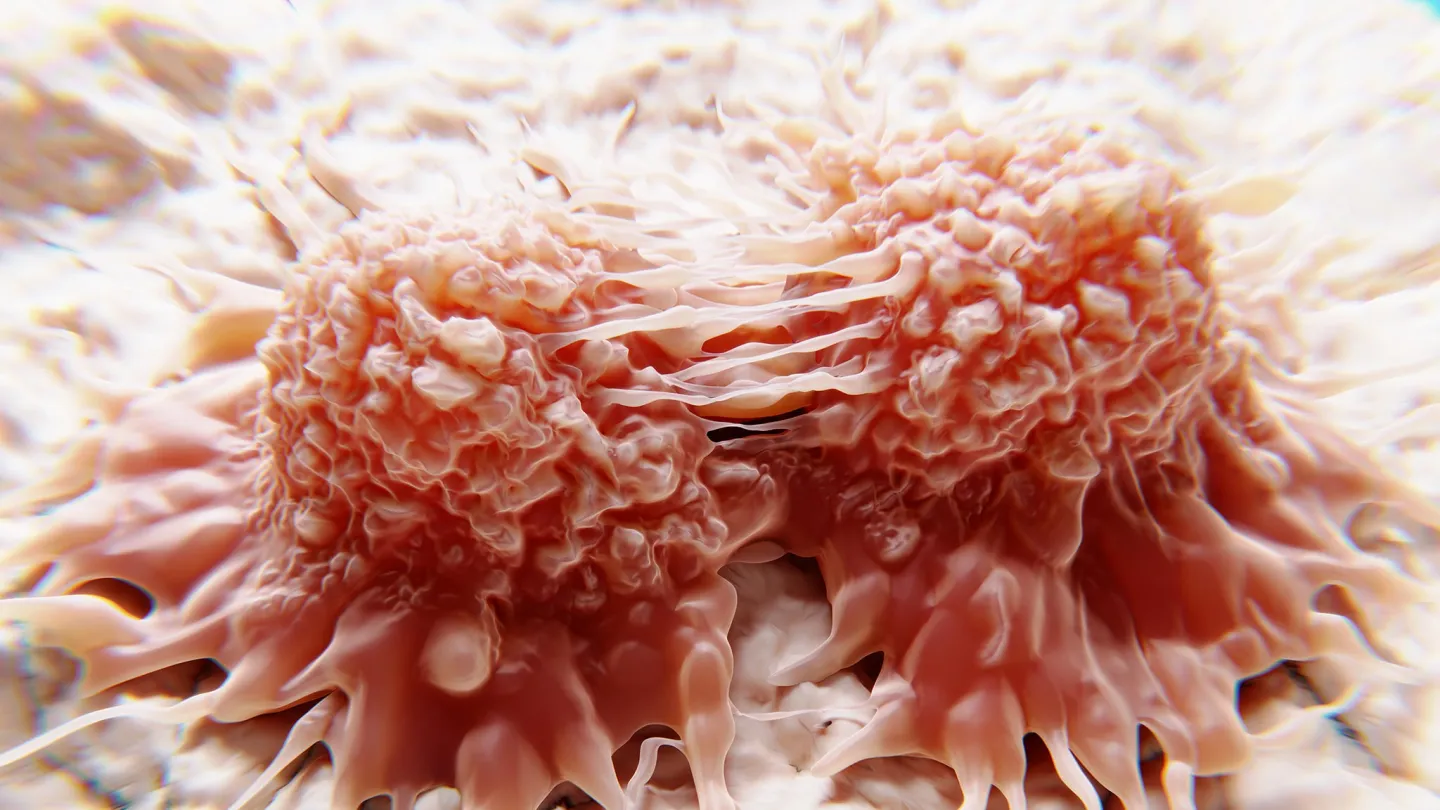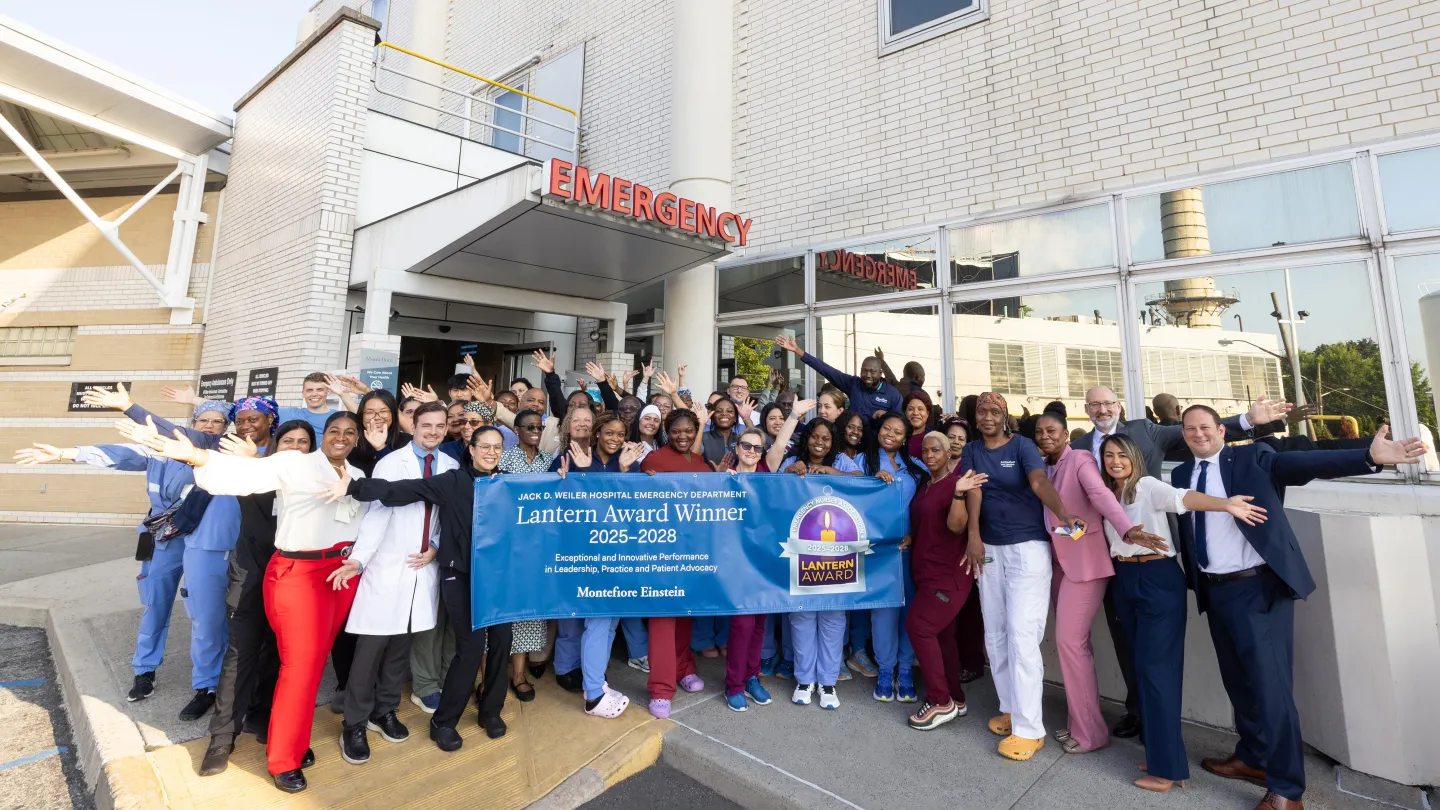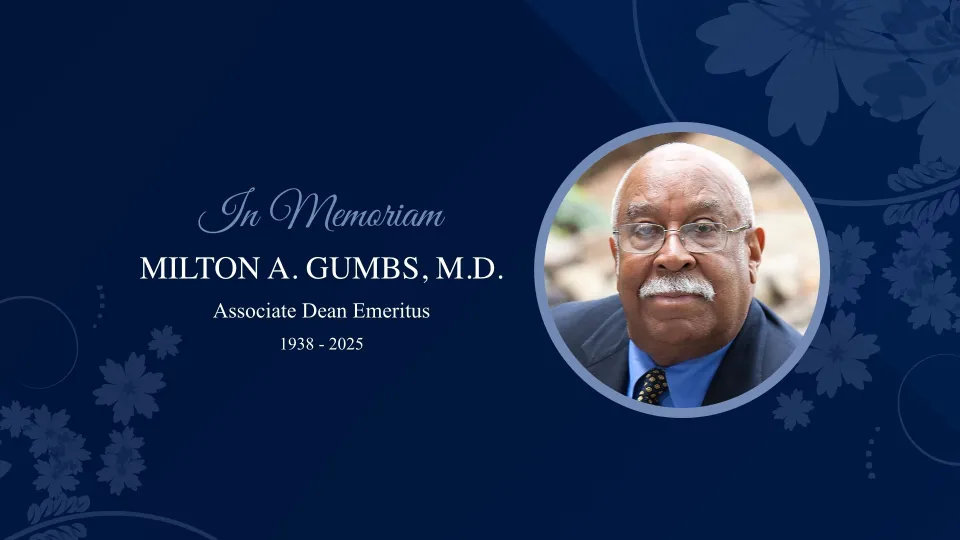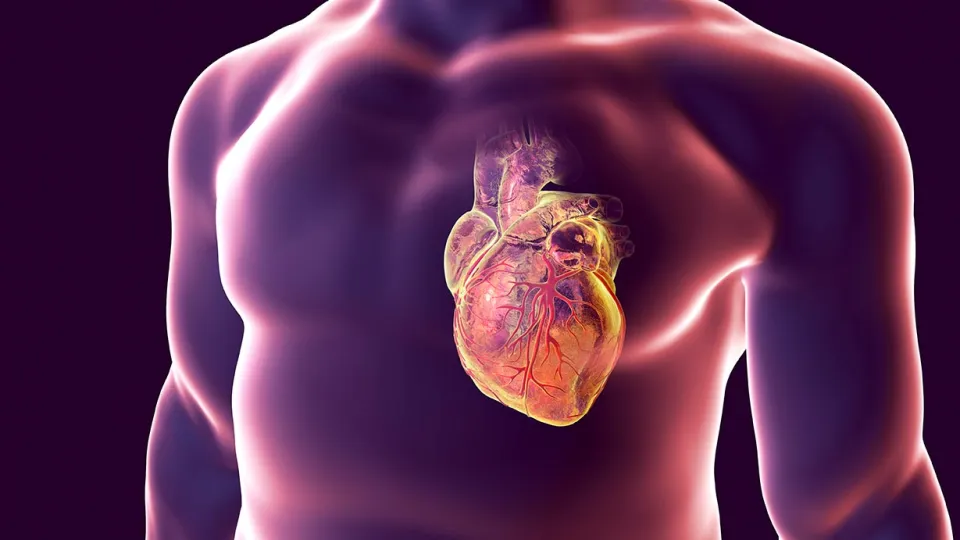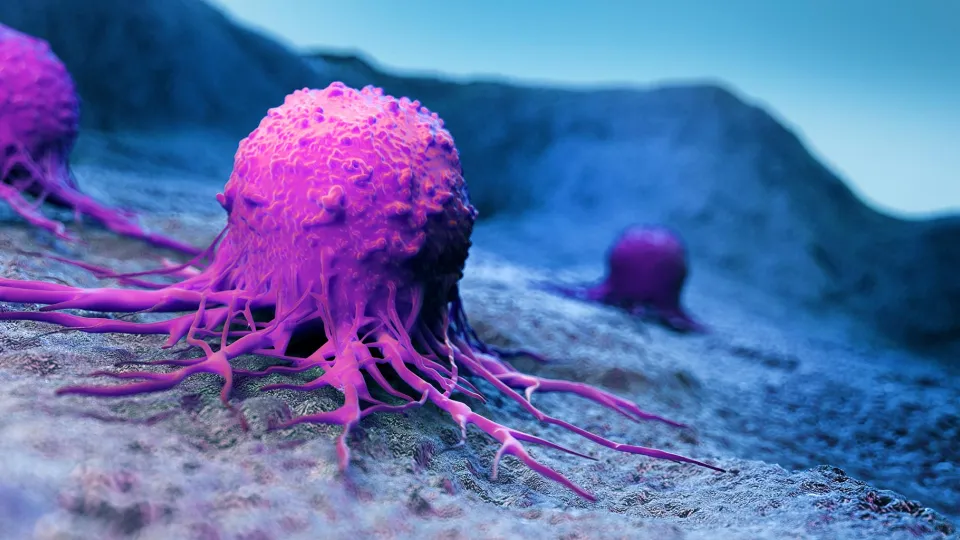News Releases
News Release
Ulrich Steidl, M.D., Ph.D., Elected to Association of American Physicians
June 10, 2025
News Release
Amanda Raff, M.D. ’98, Appointed Senior Associate Dean for Medical Education
June 5, 2025
In the News
Viral Infections in the Lung Can Reactivate Dormant Cancer Cells
Cancer biologist Julio Aguirre-Ghiso, Ph.D., discusses his Nature study on respiratory viruses and metastasis.
July 30, 2025
Red Light Therapy Can Benefit the Skin, a Westchester Expert Explains
Cosmetic dermatologist, Kseniya Kobets, M.D., shares the benefits of red light therapy for a person’s hair and skin.
July 9, 2025
Header
Experts for Media
Header
Experts for Media
Research
August 6, 2025
July 31, 2025

